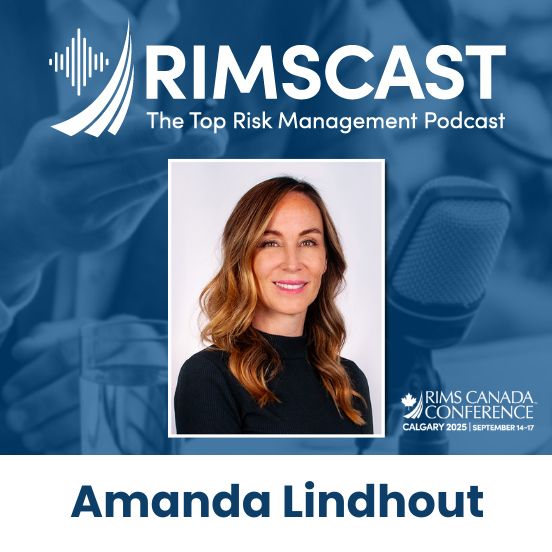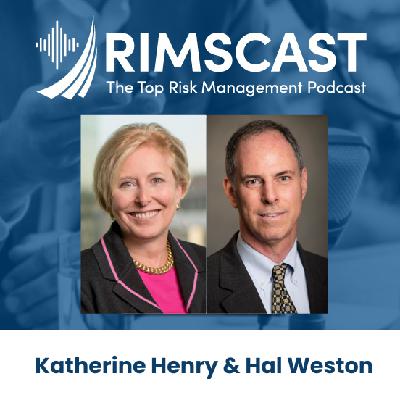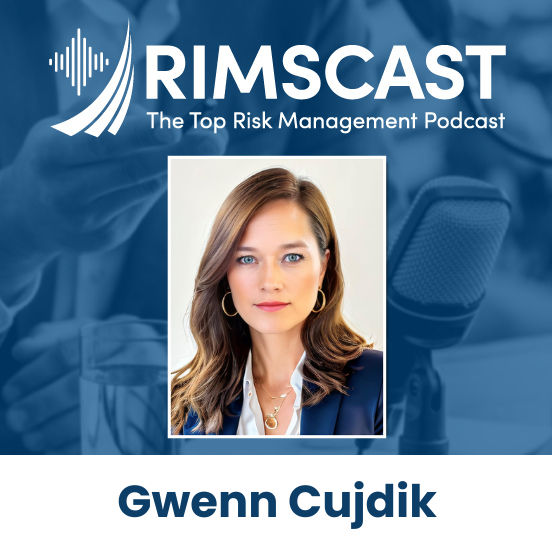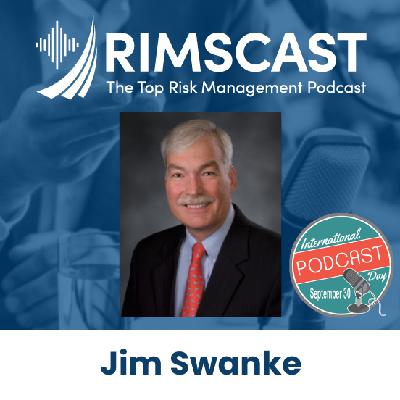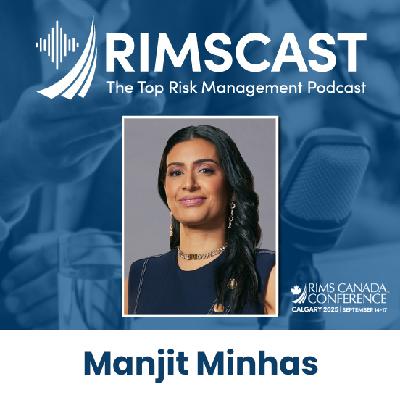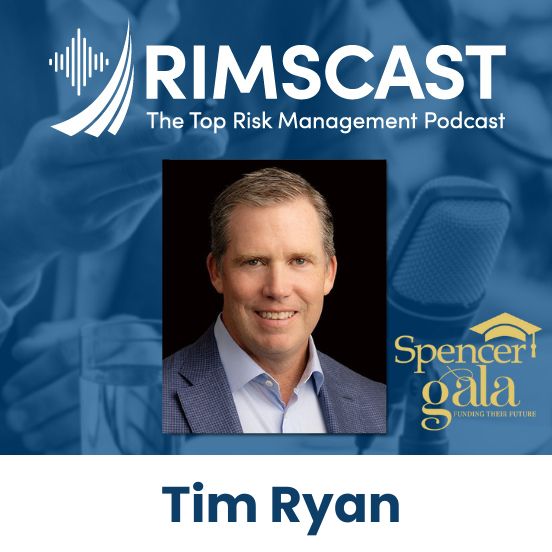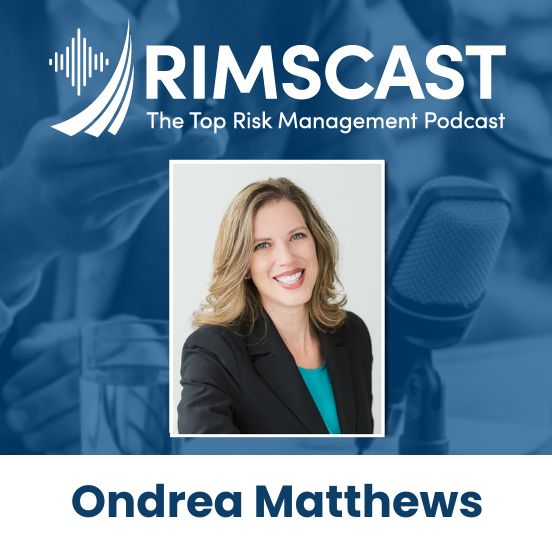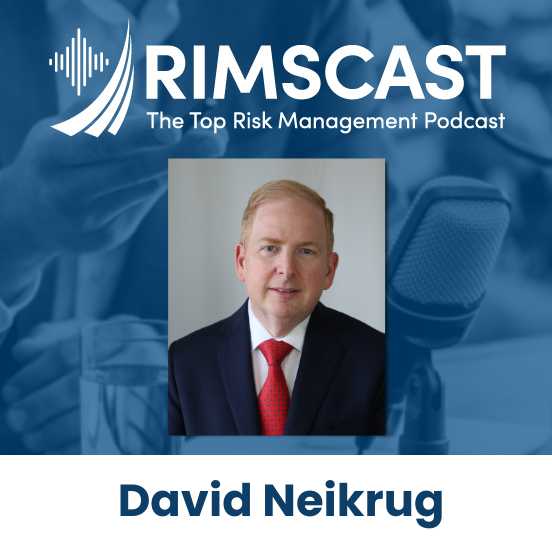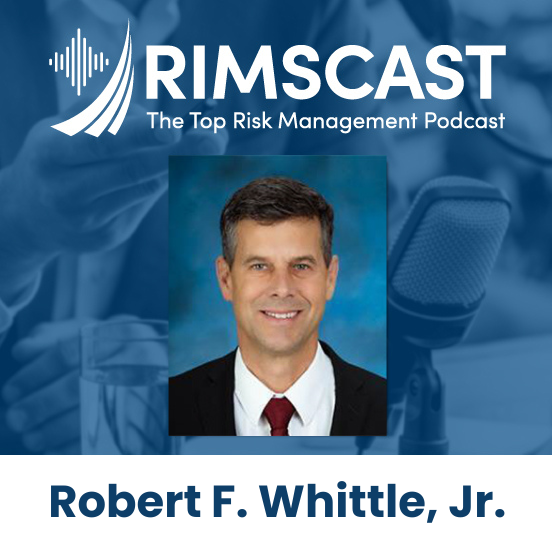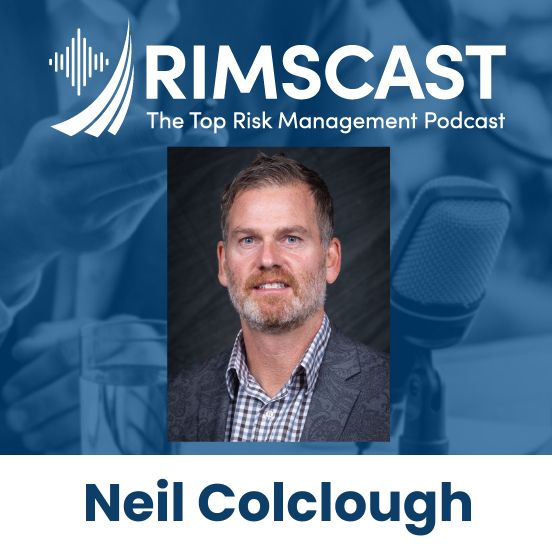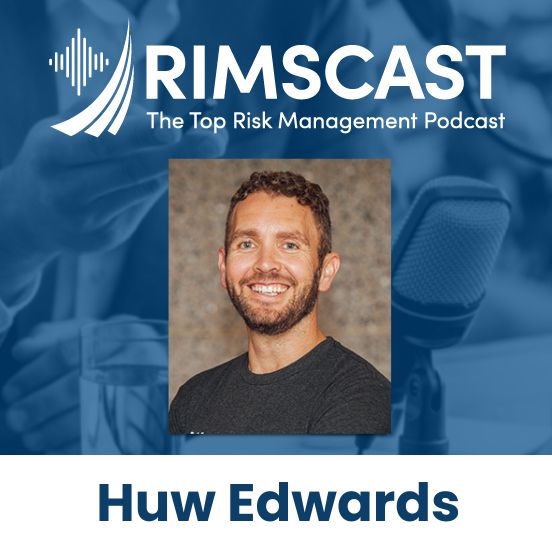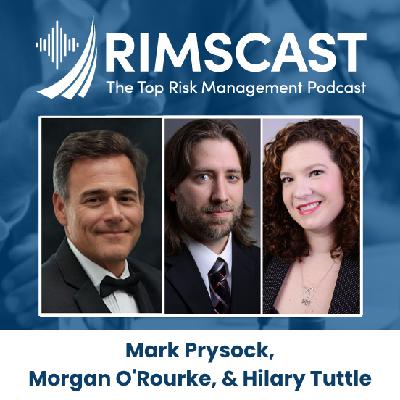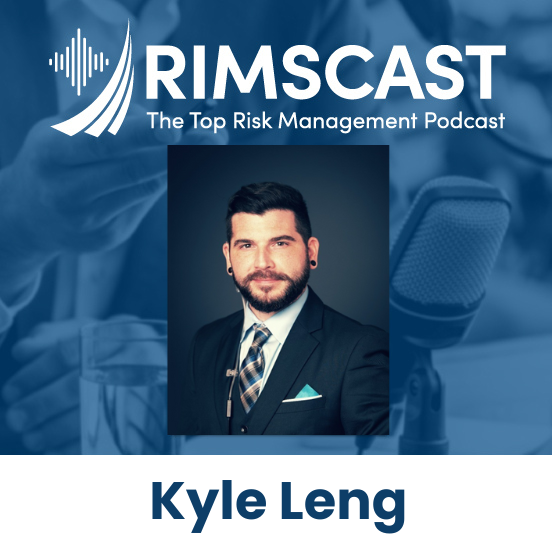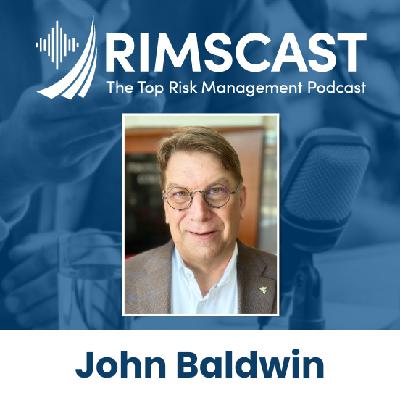On Resilience with Amanda Lindhout
Description
Welcome to RIMScast. Your host is Justin Smulison, Business Content Manager at RIMS, the Risk and Insurance Management Society.
In this episode, Justin interviews Amanda Lindhout, RIMS Canada Keynote, bestselling author, and globally sought-after keynote speaker known for her powerful insights on resilience and transformation. Justin and Amanda discuss her 460 days in captivity in Somalia, the resilience she learned to develop in her darkest days, and the lessons she brings to the world on resilience and inner strength. They discuss Amanda’s New York Times bestselling memoir, A House in the Sky, how hard but cathartic it was to write, and why she shared it with the world after writing it for her healing. She discusses her Complex Post-Traumatic Stress Disorder and how she evolved past being homebound for two years.
Amanda gives a preview of her message for the closing keynote of the RIMS Canada Conference 2025 and what the audience can expect to learn.
Listen to learn how you can strengthen your resilience through intention, presence, gratitude, and mindset.
Key Takeaways:
[:01] About RIMS and RIMScast.
[:14] The RIMS Canada Conference 2025 will be held from September 14th through the 17th in Calgary. Visit RIMSCanadaConference.ca to register.
[:26] About this episode of RIMScast. Our guest today is the author of the New York Times bestselling book, A House in the Sky, and she will deliver a keynote address at the RIMS Canada Conference 2025 on September 17th. I’m talking about Amanda Lindhout.
[:57] RIMS-CRMP Workshops! The next Virtual RIMS-CRMP exam prep, co-hosted by Parima, will be held on September 2nd and 3rd.
[1:07 ] The next RIMS-CRMP-FED virtual workshop will be held on November 11th and 12th, and led by Joseph Mayo. Links to these courses can be found on the Certification Page of RIMS.org and through this episode’s show notes.
[1:23 ] The next RIMS Webinar will be held on September 4th and will be led by AXA XL. It is titled “Lockdown & Level Up: Turn Up Your Cyber Security Game Against Creative Cyber Criminals”. Register at RIMS.org/Webinars.
[1:38 ] RIMS Virtual Workshops! RIMS has launched a new course, “Intro to ERM for Senior Leaders.” This is a two-day course. The first two-day course will be held on August 12th and 13th and will be led by former RIMS President, Chris Mandel.
[1:56 ] The course will be held again on November 4th and 5th and will be led by Elise Farnham. RIMS members enjoy deep discounts!
[2:05 ] The full schedule of virtual workshops can be found on the RIMS.org/education and RIMS.org/education/online-learning pages. A link is also in this episode’s notes.
[2:16 ] Mark your calendars for November 17th and 18th for the RIMS ERM Conference 2025 in Seattle, Washington. The agenda is jam-packed with educational sessions that will resonate with risk practitioners in all stages of their careers.
[2:37 ] See the full agenda at RIMS.org/ERM2025. Nominations are open for the RIMS Global ERM Award of Distinction 2025. The nomination deadline is Saturday, August 16th. The award is presented annually at the RIMS ERM Conference. There is a link in this episode’s show notes.
[3:02 ] If your organization’s ERM program or one you know of deserves this recognition, we want to hear about it. Remember to send in that nomination form by August 16th.
[3:14 ] RISKWORLD 2026 will be in Philadelphia, Pennsylvania, from May 3rd through May 6th. RIMS members can now lock in the 2025 rate for a full conference pass to RISKWORLD 2026 when registering by September 30th.
[3:28 ] This also lets you enjoy earlier access to the RISKWORLD hotel block. Register by September 30th, and you will also be entered to win a $500 raffle. Don’t miss out on this chance to plan and score some extra perks.
[3:41 ] The members-only registration link is in this episode’s show notes. If you are not yet a member, this is the time to join us. Visit RIMS.org/membership and build your risk network with us here at RIMS.
[3:55 ] On with the show! Our guest today is the best-selling author of A House in the Sky. That’s her memoir, which chronicles surviving 460 days in captivity in Somalia.
[4:07 ] It is an intense read, in which she shares hard-earned wisdom that inspires individuals and organizations to grow through adversity. Her name is Amanda Lindhout, and she has delivered over 500 keynotes in 28 countries.
[4:21 ] Amanda is a native of Sylvan Lake, in Alberta, Canada, between Edmonton and Calgary. We are delighted that she will be delivering the closing keynote for the RIMS Canada Conference 2025 in Calgary on September 17th. We will discuss resilience and get a preview of her keynote.
[4:44 ] Interview! Amanda Lindhout, welcome to RIMScast!
[5:02 ] Seeing that Amanda would be a guest on RIMScast, Justin read A House in the Sky. It’s an intense read. Justin has never read anything like it before. It opened his eyes and took him to different places. Justin thanks Amanda for writing such a strong memoir.
[5:38 ] It was a challenging memoir to write. It was about a five-year process after Amanda was released from 460 days in captivity. The writing was insular. She wasn’t thinking about the audience who would eventually read the book. It was part of her healing process.
[6:06 ] Amanda says when you go through anything difficult, it’s imperative to give it a voice by writing about it or talking it through. Being a former journalist, writing about it came naturally to her. She wanted to write about it. She didn’t rush it. She took her time with it.
[6:26 ] There are some pretty intense chapters. She worked on an intense chapter for a lot of time, taking breaks to process what the writing process was provoking in her. It was cathartic.
[7:04 ] Amanda says, for maintaining her sense of dignity, while violence is part of the story, it felt important not to be graphic about it, not for her future audience, but for herself and the way she was processing the experience. It was tied to her dignity around what had happened to her.
[7:40 ] Justin suggests that the threat of violence is already there, and it doesn’t serve Amanda well to go that graphic. She was writing it for herself, not thinking about others, but the time came when it went into the world and was a big success, a New York Times bestseller.
[8:17 ] It’s one of the top-selling Canadian memoirs ever written. There was not only an audience, but a big audience. That took a lot of adjusting for Amanda. It was a difficult time for her. The success came from a very challenging experience.
[9:04 ] There was an adjustment period, where people knew about what happened when she was in the dark house, when she had chains on her ankles. She moved through that adjustment period relatively quickly because it brought out an incredible connection with others.
[9:32 ] Can people who haven’t gone through 460 days in captivity relate to Amanda? The way it was written, people were able to link it back to difficult experiences in their lives. They felt a profound connection to Amanda. That was beautiful to her.
[9:56 ] As Amanda moves through the world, people read about the most vulnerable days of her life, and they connect to her with care, compassion, and empathy. She is greeted with a lot of hugs. That connection is an important piece of healing for anybody.
[10:16 ] Amanda has found that connection in droves, in a way that most people won’t, because her story is public. Amanda says it’s almost like people are overcome with this need to make contact with her.
[10:39 ] Many years ago, when she was struggling with complex post-traumatic stress disorder, if a man came at her with kindness and a desire for connection, that could activate something in her. That never happens to her anymore. She welcomes that sense of connection with people.
[11:03 ] Amanda has had to move through stages of comfort to get to where she is now. After a Q&A at the end of a keynote, Amanda will say, I welcome all the hugs, and people will line up to do that.
[11:48 ] Amanda converted to Islam while she was held captive. That was a strategic move and a survival strategy. As a journalist, she had spent a lot of time in the Middle East and had a foundation of understanding of Islam.
[12:17 ] The teenagers who had abducted them along the side of the road were radicalized. They were not practicing the version of Islam that the vast majority of people around the world are.
[12:32 ] Amanda recognized that if they did this false conversion, that might work to humanize them to the captors. Justin reads a passage from the book.
[12:47 ] “We made vows to accept Allah as our only God and Mohammed as his messenger. What I felt in that moment was not surrender, and it was

